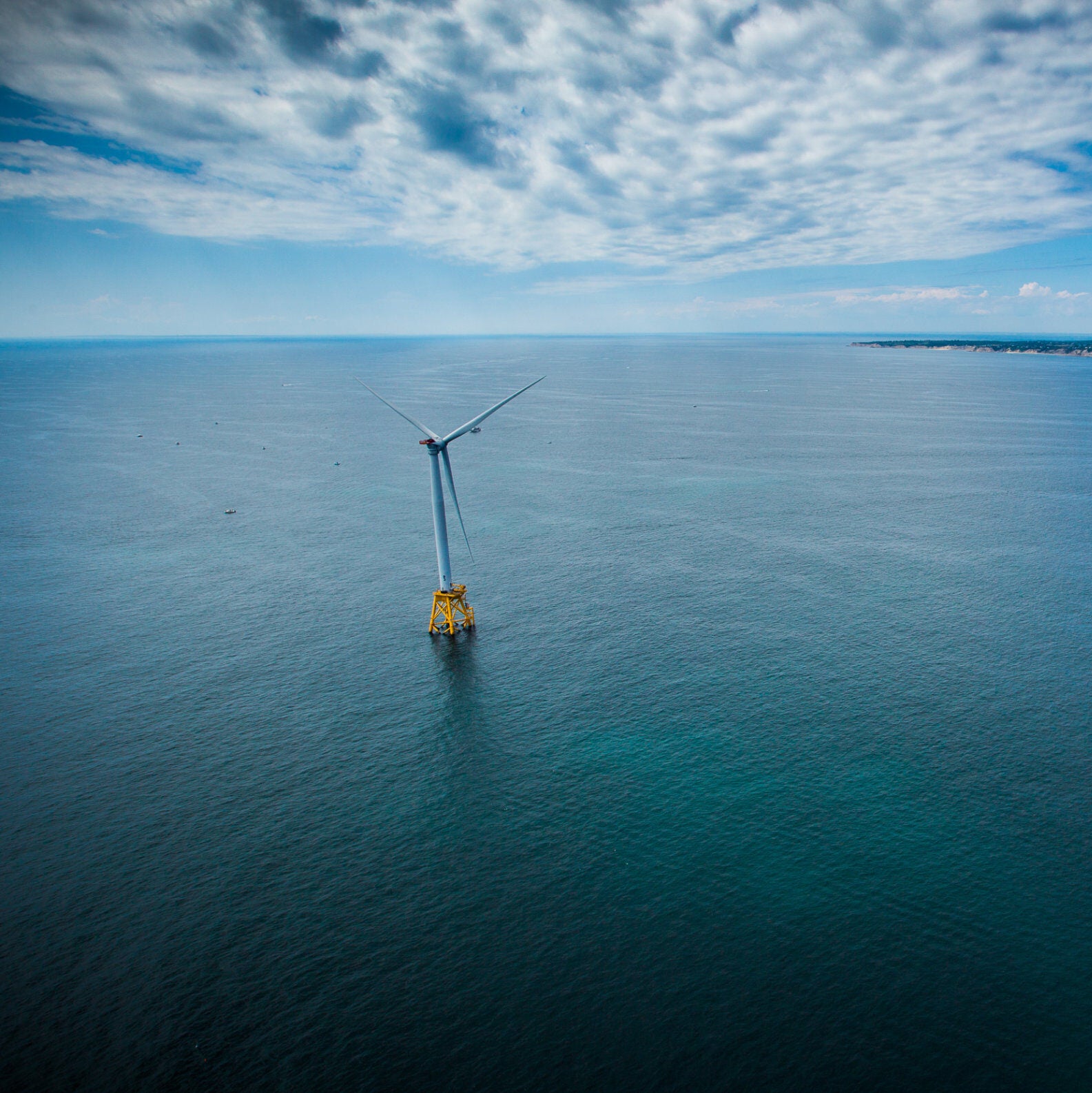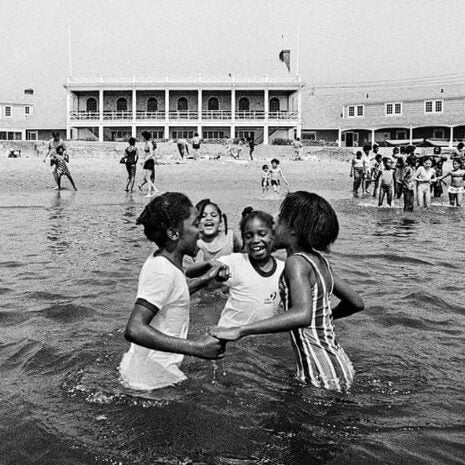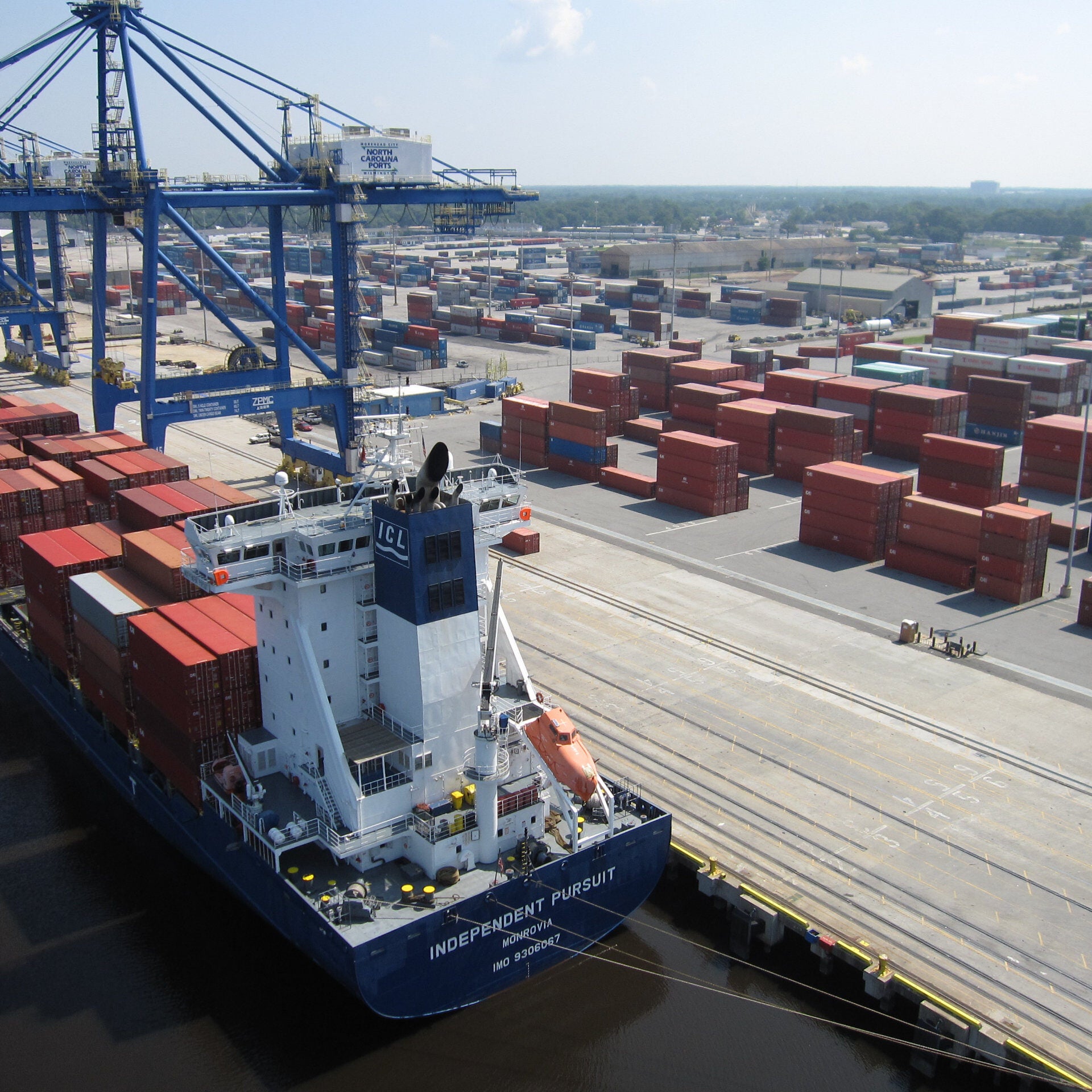Conservation
With less than 2% of the world’s oceans currently in protected areas, local communities, nations, and international organizations are working to enhance conservation efforts. Recently established global targets promote conservation of at least 10% of the world’s coastal and marine environments. Marine conservation brings together diverse considerations such as resource protection, fisheries enhancement, and community development.
conservation research at uriOcean Policy and Law
Ocean policy consists of a variety of means to govern human activities at sea or that affect the sea. Policies operate at the global scale through the Law of the Sea Convention as well as regionally among nations and at the level of exclusive economic zones within nations. Our researchers help policy makers consider the needs of all stakeholders and connect them with the scientific data to make the best decisions about coastal and ocean resources.
ocean policy and law at uri
Climate Adaptation and Resilience
Ocean policy consists of a variety of means to govern human activities at sea or that affect the sea. Policies operate at the global scale through the Law of the Sea Convention as well as regionally among nations and at the level of exclusive economic zones within nations. Our researchers help policy makers consider the needs of all stakeholders and connect them with the scientific data to make the best decisions about coastal and ocean resources.
climate adaptation at uriEnergy Resources
With growing demands for electricity and other forms of energy, marine and coastal environments are feeling increased pressure for energy development. In addition to the exploration for and transit of traditional fossil fuels, public policies and shifting social norms have spurred an interest in developing renewable technologies in marine settings.
energy resources at uri
Coastal Communities
According to the 2010 Census, 39% of the nation’s population lives in coastal shoreline counties, even though these counties represent less than 10% of the nation’s land area, excluding Alaska. According to the United Nations, approximately 40% of the world’s population lives within 100 kilometers of the coast. Coastal communities are both uniquely valuable and vulnerable.
what we doOcean/Coastal Justice
Just like terrestrial space, ocean and coastal space is shaped by historical events, unequal power relations, and struggles over rights at the intersection of human and non-human lives. Decision making in ocean and coastal environments therefore requires engagement with and understanding of diverse perspectives that may produce multiple forms of knowledge.
what we do
Ports and Shipping
Ports act as gateways to trade and provide access to global markets. 80% of world trade by volume and 70% by value moves via ship, passing through numerous ports en route through the production and delivery supply chains. Ports support many activities, such as fishing, tourism, and energy production. Ports can also have an oversized role within their host communities, contributing to environmental justice issues for the neighborhoods in which the operate.
what we do
Fisheries and Marine Ecosystems
Fisheries are closely tied to coastal communities around the world. These resources represent sources of subsistence, commerce, recreation, and national natural resource wealth. The disciplines of law, economics, biology, ecology, oceanography, political science, sociology and political science are all relevant to the study of fisheries management and policy.
what we doSpacial Planning and Management
As coastal and marine environments experience growing pressures from increased coastal populations and higher resource demands, countries around the world are encouraging the use of comprehensive ecosystem-based strategies like coastal and marine spatial planning and management. University of Rhode Island scientists and researchers have played a key role in the creation of coastal resources management models employed by policy makers around the world.
what we do